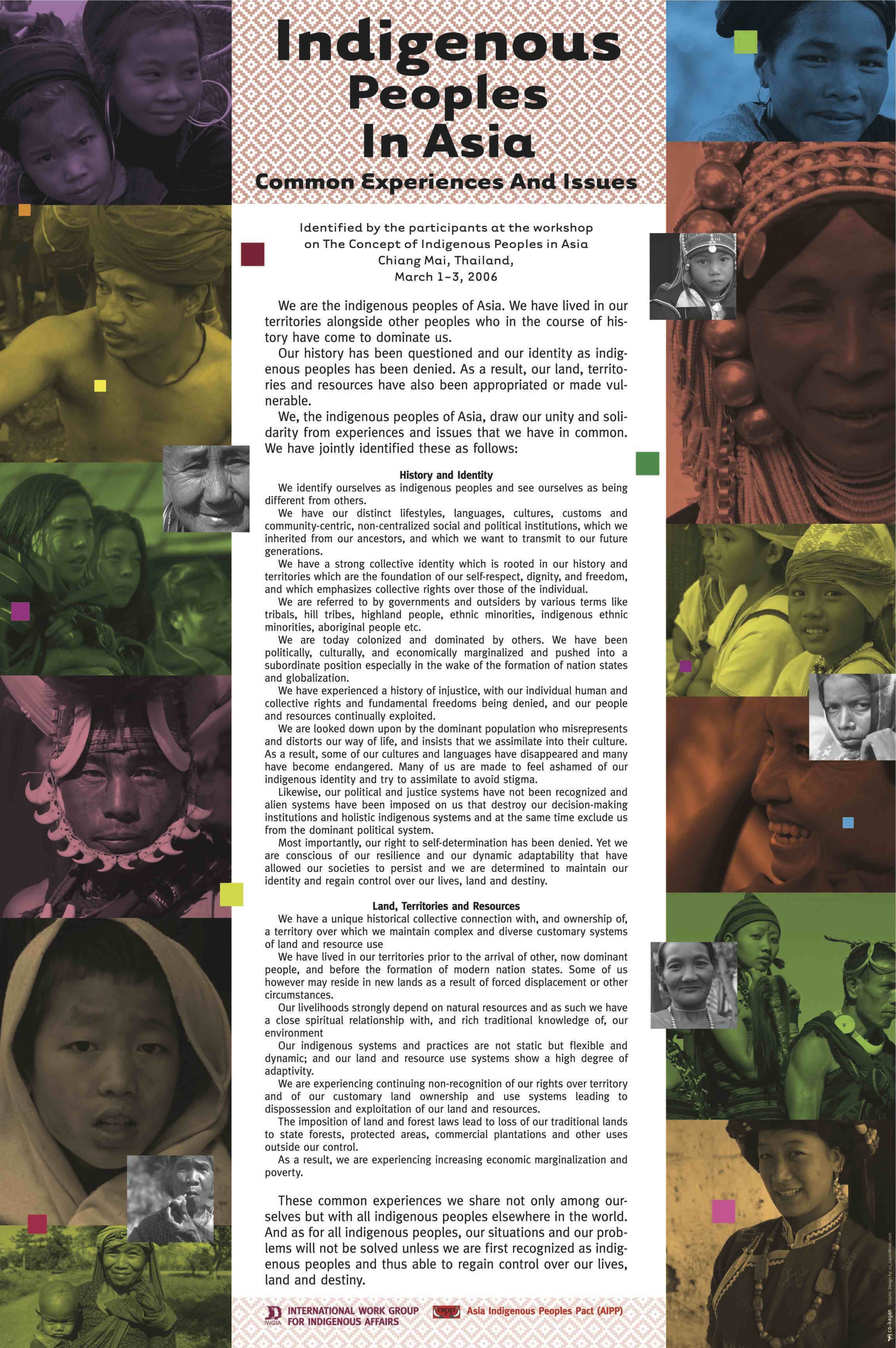The new generation of watershed management programmes and projects
On the occasion of the International Year of Mountains-2002, FAO and its partners undertook a large-scale assessment and global review of the current status and future trends of integrated and participatory watershed management. The overall objectives were to promote the exchange and dissemination of experiences in implementing watershed management projects in the decade from 1990 to 2000 and to identify the vision for a new generation of watershed management programmes and projects.




